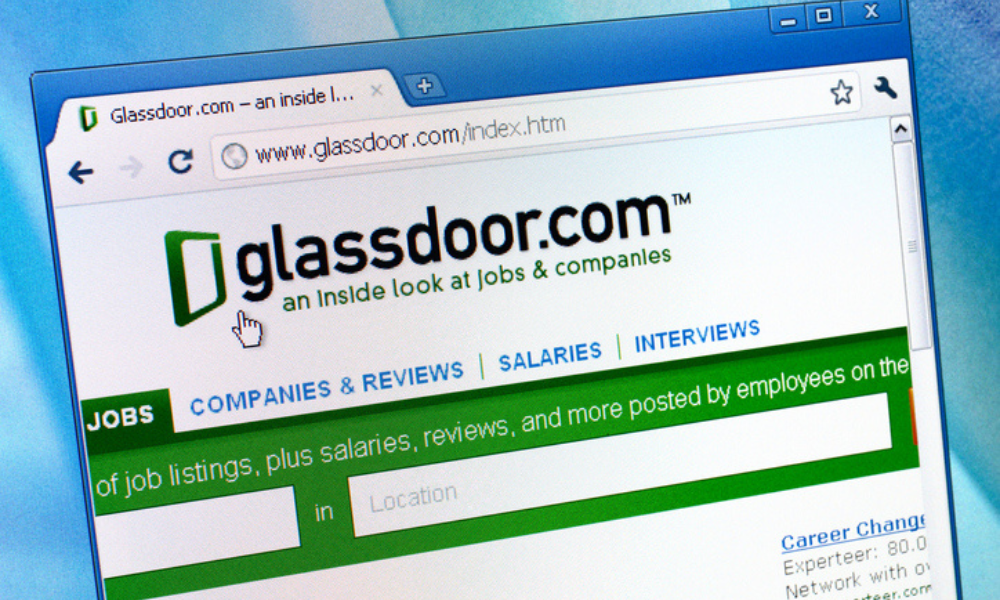
Zuru alleges the negative feedback caused 'monetary loss'

A US court has ordered Glassdoor to disclose to New Zealand toymaker Zuru the anonymous reviewers who wrote negative feedback on the website. Glassdoor - headquartered in the US - is a website where current and former employees of an organisation can review their employers. The feedback may be anonymous and may be viewed by other people on the website.
However, in a decision that could put the website's reviewers at risk of exposure, the US court ordered the online platform to disclose to toymaker Zara its negative reviewers.
Zuru said the negative reviews left on its page were false, adding that it caused "monetary loss."
"Zuru's co-founders state that Zuru has had to expend money, time, and resources in combatting the negative publicity, negative perception, and harm to [Zuru's] reputation that the reviews have caused,'" the court document read.
According to Zuru, it intends to file a case in New Zealand against those who wrote the negative reviews. To do this, however, the toymaker filed a subpoena ordering Glassdoor to disclose the identities of the reviewers, the number of people who saw them, as well as other related information.
Glassdoor moved to quash the subpoena, reasoning that it "shouldn't be required to unmask the anonymous reviewers because Zuru can't plead or prove a defamation claim against them."
In addition, Glassdoor also cried foul against Zuru's attempt to see how many people saw the review, saying the information is "not relevant, is commercially sensitive, and would be impracticable to produce."
Read more: This is why HR makes mistakes with employee feedback
Court sides with Zuru
In its decision, the court sided with Zuru, ordering Glassdoor to disclose to the toymaker the identities of the negative reviewer but did not require the platform to reveal who saw or engaged with the reviews.
"Although the United States may have a pro-free-speech policy, the only source of that policy that Glassdoor has identified is the First Amendment," read the court decision. "The First Amendment doesn't apply to foreign citizens outside U.S. territory, so it doesn't reflect a U.S. policy of protecting free speech around the world."
"Our country's commitment to free speech isn't universally shared; and even in other countries that protect free speech, a different balance is often struck between the right to free speech and the right to protect one's reputation, with the latter right usually receiving more weight," it added.
According to the court, the company "must comply with Zuru's document subpoena, which among other things requires Glassdoor to produce documents that identify who wrote the reviews in question."
"The motion is denied in the following limited ways: because one of the reviews isn't in the record, Glassdoor needn't identify its author; and because Glassdoor, without undue burden and expense, can't identify the number of people who have seen or engaged with the reviews, Glassdoor needn't produce that information."
Glassdoor said in a statement that it was "deeply disappointed in the court's decision," reported The Guardian.
"In this and many other cases worldwide, Glassdoor fights vigorously to protect and defend the rights of our users to share their opinions and speak freely and authentically about their workplace experiences," it added.
Zuru, on the other hand, said it was "pleased that this spam has now been removed," while calling the negative feedback "fake reviews."
"We cannot comment on anything further relating to pending litigation," Zuru said to Stuff.